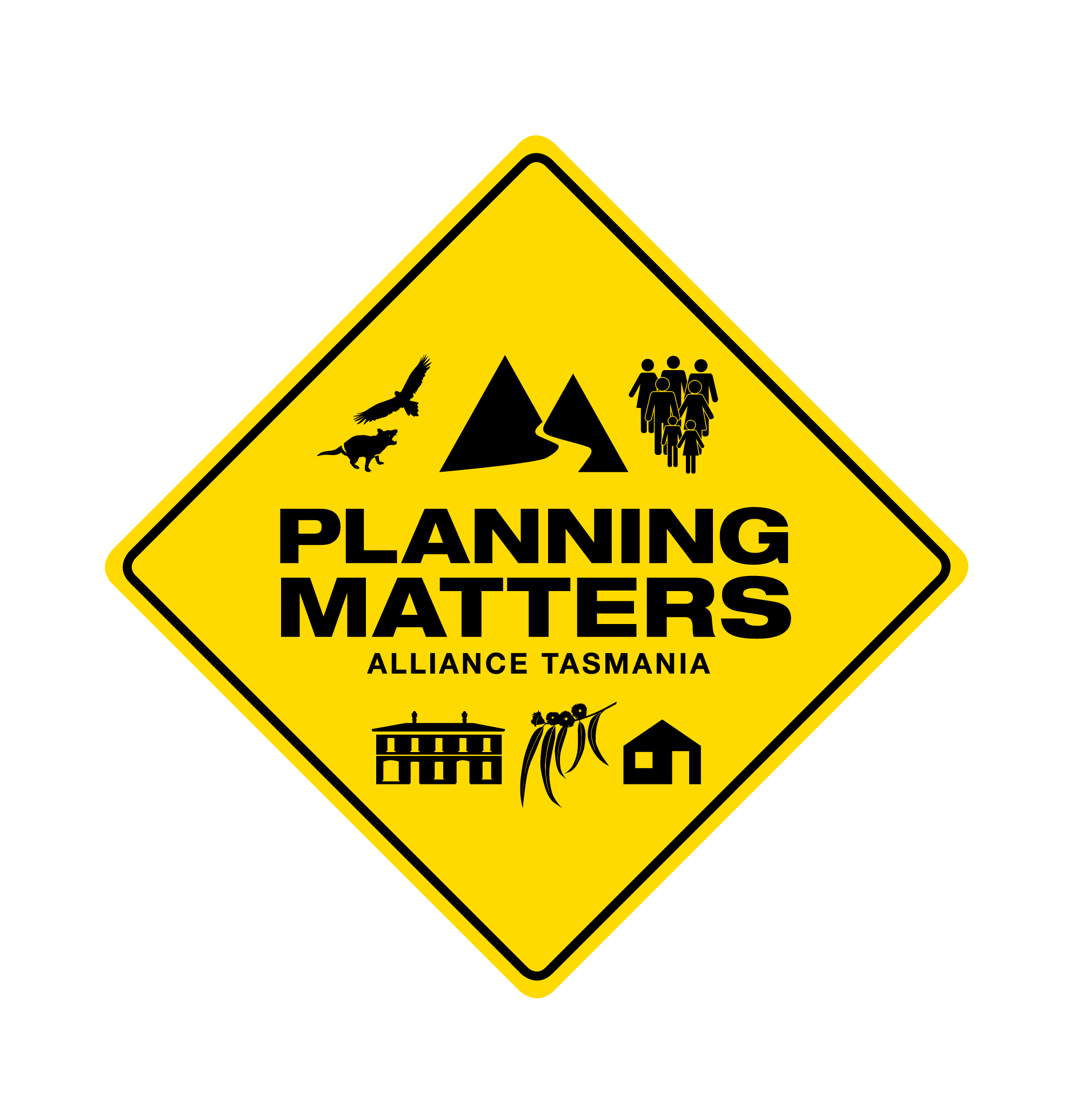- Media Release
- Survey
Media Release: Tasmanian Local Government Elections 2018 Planning Survey
The overwhelming majority of local council candidates who took part in a planning survey believe councils should have greater capacity to protect local character and amenity and places important to local communities.
They believe major tourist developments in national parks should be released for public comment, and that councils should have the final approval.
There was also overwhelming support for planning rules to protect people’s right to privacy in their own home.
Elections are being held for 28 local government councils across Tasmania, with 481 individual candidates standing for councillor. Of those Planning Matters Alliance Tasmania managed to contact 407 candidates, asking them to complete this survey – 144 completed the survey.
The survey asked three questions:
Do you believe that Councils should have greater capacity to protect local character and amenity and places important to local communities?
Do you believe that planning rules should protect a neighbour’s right to sunshine and privacy in their own home and garden?
Do you believe that major tourist developments proposed for national parks (and other reserves) should be discretionary i.e. the development proposal is released for public comment and the council can either approve or refuse it?
Planning Matters Alliance Tasmania is concerned about many issues – not just the issues raised in our survey questions. To achieve the best future for Tasmania and all Tasmanians, the planning system must be underpinned by the key principles outlined in our platform document.
PMAT encourages all Tasmanian voters to make their voices heard at this year’s local government elections.
Our key areas of concerns cover almost every aspect of society, including the overarching need for establishing and implementing a strategic vision for Tasmania which would include social, economic and environmental goals and be supported by State Policies on a wide range of issues (e.g. affordable housing, biodiversity, fire management, climate change, coastal development, energy efficiency, equity, health, infrastructure, population, public transport, residential amenity, good design, social inclusion, visual amenity, wastewater, water quality).
Read PMAT’s media release here.
Related News & Media

Support Us
Receive News & Updates from PMAT
Stay informed on what’s happening locally and statewide within Tasmania, and join our community in advocating to protect Tasmania’s future.